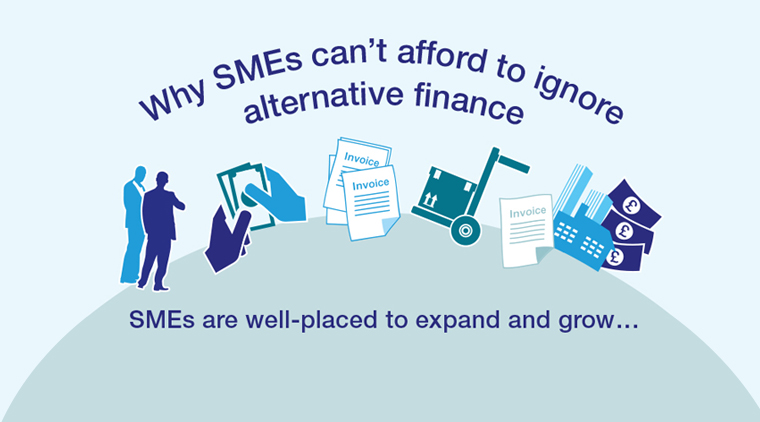
Despite plunging oil prices, the British Chambers of Commerce says that rising energy bills have become an increasing concern for many SMEs over the past 12 months.
Close Brothers’ own research has also flagged up evidence of this problem: our Business Barometer has frequently seen SMEs warn that high utility bills are a contributory factor in their inability to prioritise business growth.There are a number of ways in which SMEs can cut their energy bills, freeing up resources that can be used for business growth strategies, and reducing the business’s carbon footprint. Here are six options to consider:
Agree the best possible contract
Unlike consumers, SMEs typically sign up to a fixed period energy contract that can incur charges for early cancellation. It’s crucial, therefore, that SMEs know when their contract is due to come to an end so they can negotiate the best possible follow-on deal. It’s important to monitor energy prices in the months running up to the deadline in order to help decide whether it’s a good time to opt for a longer-term fixed-rate tariff, or if a cheaper, short-term contract would be more appropriate.
Switch providers
At the end of a contract, SMEs shouldn’t be afraid to switch energy provider in order to get a better deal. The Federation of Small Businesses says that 43% of SMEs have never changed energy company, despite the potential to save thousands of pounds. Independent comparison services such as the FSB’s own switching platform make it much easier to identify the best deals for SMEs – and to take advantage of them. What’s more, the transition between suppliers is now far less cumbersome than it used to be.
Save energy
Prioritising energy efficiency is another way to confront high energy costs. The Government, which produces a guide for SMEs on energy efficiency, says the typical firm could reduce its bills by up to 25% in this way. 40% of these savings actually require zero capital expenditure. Close Brothers’ research suggests many SMEs are already embracing this approach to reducing outgoings, with the most recent Business Barometer revealing that more than half had begun to introduce energy-saving procedures in the office.
Monitor costs carefully
SMEs that know what they are spending on energy - and understand what causes costs to mount - have a better chance of reducing their bills. Installing a smart meter, which provides real-time feedback on energy usage and expense, can be a really useful way to do this. In one recent poll, 52% of energy customers with a smart meter said that it had helped them to cut their bills. Some energy companies are now even offering smart meters for free.
Invest in new equipment
Older equipment tends to use more electricity than more modern assets, so investment in new plant and machinery – including energy efficiency technology – can pay for itself relatively quickly. The Energy Savings Trust says modern equipment often consumes as much as 40% less energy, potentially delivering substantial savings. SMEs should consider a broad range of options as they think about how to fund such investments – including alternative finance.
Check your bills
Finally, always provide meter readings when requested and check your energy bills to ensure you’re not being overcharged. Errors could cost your business a significant amount of money unnecessarily.
All of the above can potentially make a significant difference to your energy bills, freeing up more funds for you to invest in growth and development of your business.
Take a look at our recent infographic: Why SMEs cannot afford to ignore alternative finance







